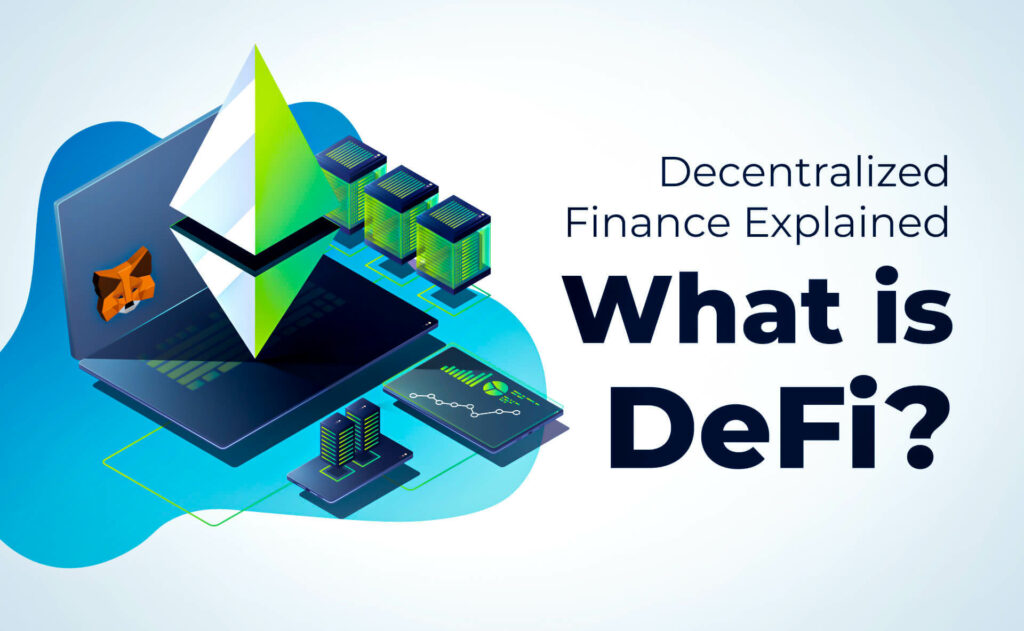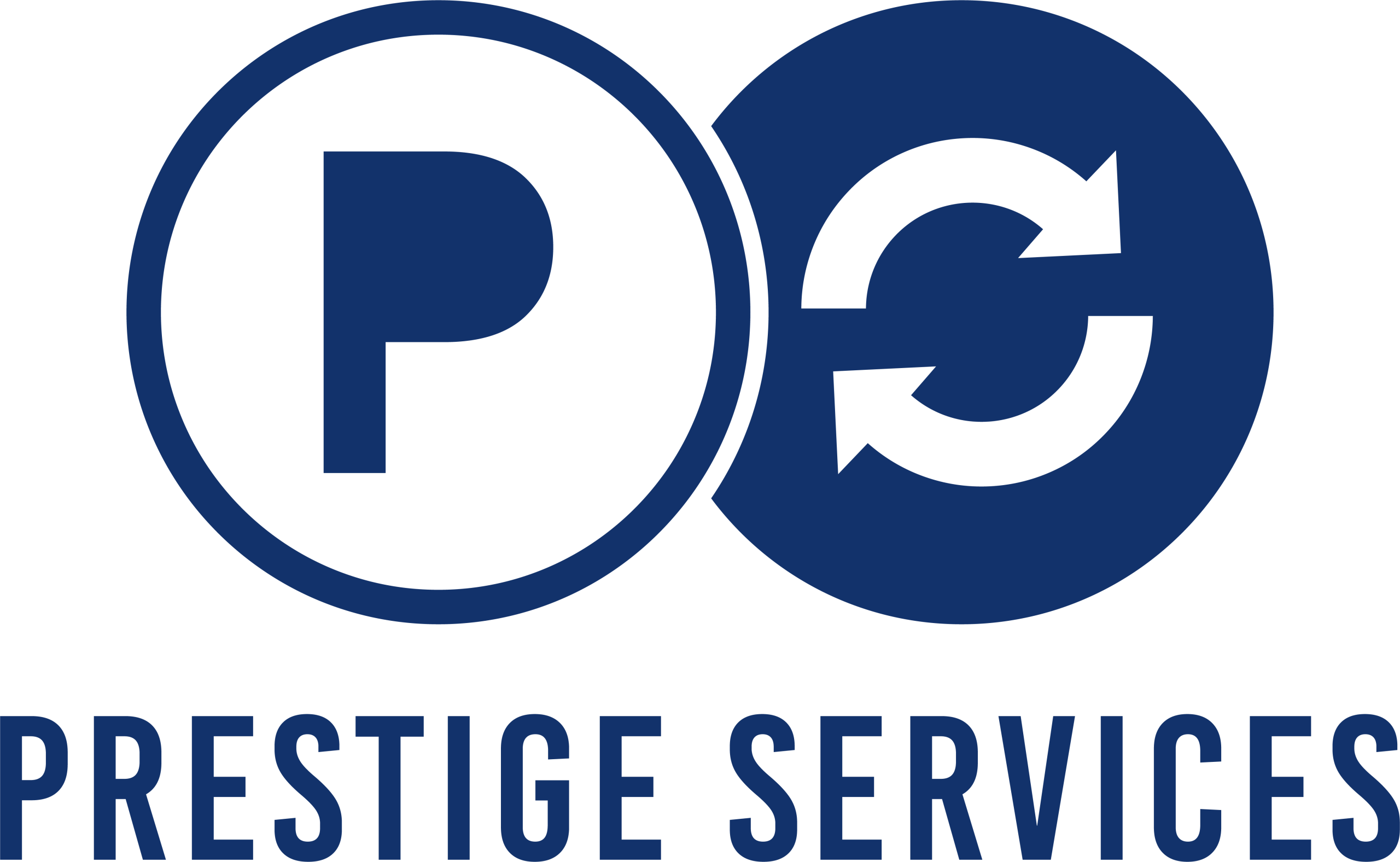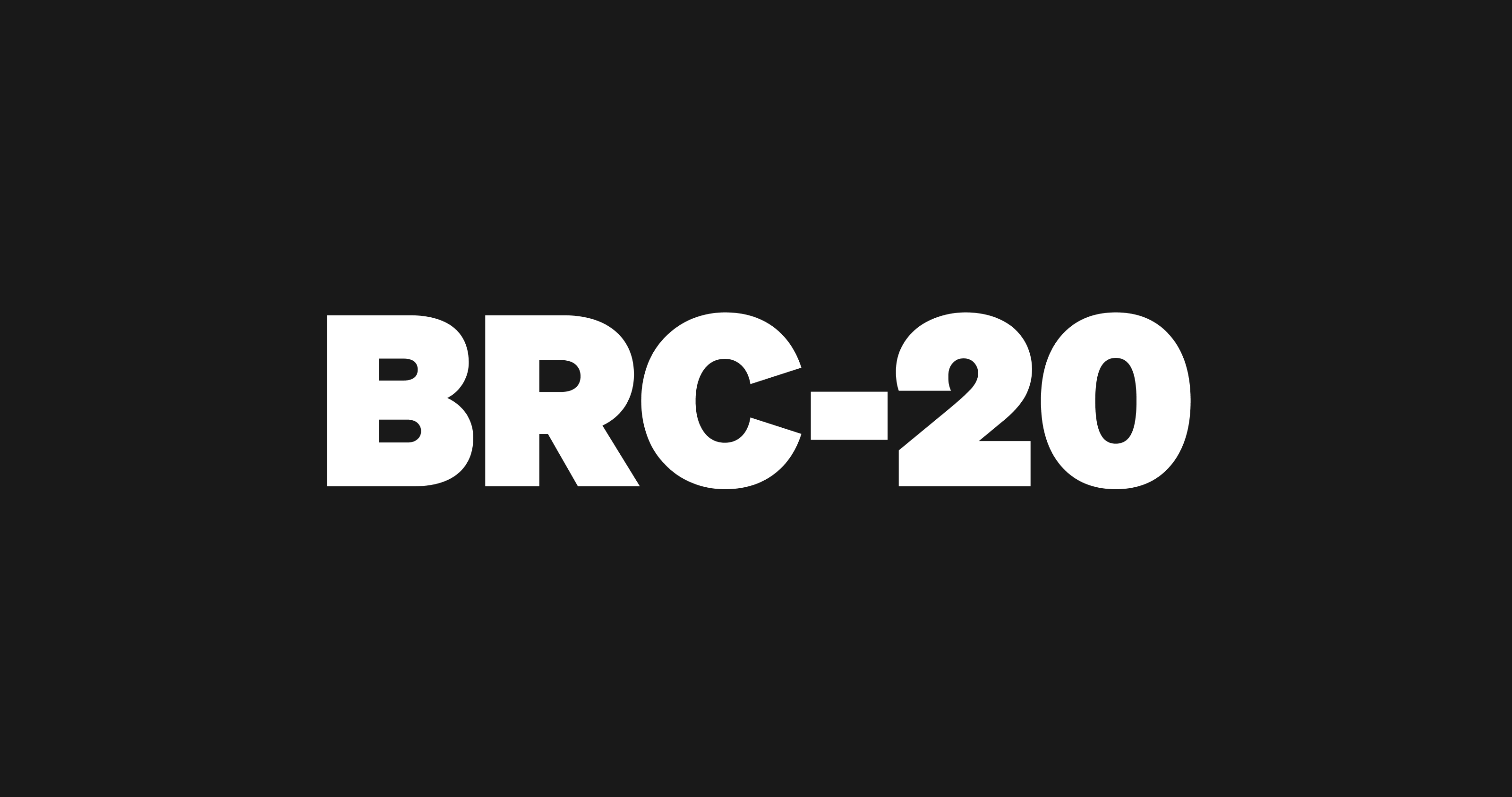
Asides explaining to you what DeFi is all about, I would be sharing how DeFi could help Nigerian businesses.
What is DeFi? I’m pretty sure you must have heard or seen this word flying around the internet, especially CT (Crypto Twitter) but haven’t really gotten a hang of it. DeFi is short for Decentralized Finance and is basically a collective term for financial products & services that lets users make traditional financial and banking transactions directly with other users using cryptocurrency.
DeFi is an emerging field in the blockchain/cryptocurrency ecosystem which is gaining popularity really quick as a supposedly viable alternative to the slow and ineffective traditional financial/banking services we’ve currently got.
With DeFi, individuals are able to carry out banking transactions on their own, with others using the blockchain technology, rather than going to a governments central bank or commercial banks using cryptocurrency. Where you deposit cash in the banks, sign Cheques, fill money transfer forms, with DeFi, you would be accessing your digital assets through a secure digital wallet and then enter into smart contracts to make any transactions.
DeFi in simple terms, allows you as an individual to earn, lend and borrow money with almost no lengthy paper works. The aim for a decentralized finance network is removing the control our banking and financial institutions have over our money, stock and assets and giving users that independent control. Keep reading to see how DeFi could help Nigerian businesses.
It should interest you to know that most DeFi products or applications are actually built on top of the Ethereum blockchain network. You may be asking why? And this is so because the Ethereum blockchain gives room for smart contracts – which automatically execute transactions if certain conditions are met.

Top 5 DeFi Applications
Here’s a list of few of the most popular decentralized application types:
Decentralized Exchanges (DEXs)
DEXs allow users to initiate peer-to-peer transactions without the need for a third party or a middle man.
Borrowing/Lending Platforms
For such platforms, they take advantage of Ethereum’s smart contracts features to replace traditional middle men like the banks, loan companies etc. and then offer similar financial services.
Yield Farming
Yield farming is simply getting involved with lending or staking your cryptocurrencies in exchange for interest or other rewards after a stipulated period of time.
You May Also Like: What are Stablecoins and How you can save with them in Nigeria
Liquidity Mining
This is an investment technique where users within a DeFi protocol contribute their digital assets, usually cryptocurrencies to make it easy for others to trade within the platform.
Stablecoins
These are cryptocurrencies that are pegged to a less volatile asset, such as the US dollar and backed by reserves.
How DeFi could help Nigerian Businesses

First off, one of DeFi’s selling point is the possibility of business owners managing their investments and savings in an entirely new, safe and independent way, which is a very integral characteristics on how DeFi could help Nigerian businesses.
Nigerian SMEs need to adopt the blockchain technology and take advantage of some of its real world applications where blockchain-based lending applications allow companies to earn interest for locking their digital assets in a specific lending protocol for a stipulated duration.
As cryptocurrencies like Bitcoin, Ethereum and Tether are becoming more widely accepted as an official mode of payment, it strengthens DeFi’s potential to overhauling the current discrepancies in our traditional financial institutions.
Here’s something you should know, a business’ credit risk is evaluated based on financial statements and this only applies to that specific business, without the ability to spread the risk across its system. Another thing to note is that the framework around client support is also very extensive, which means clients cannot be serviced without a high threshold cost.

Such practices from our traditional financial institutions greatly hamper capital opportunities for larger enterprises and kick out SMEs. With DeFi, transaction onboarding and market-based risk assessments would be much more easier to scale across a business’ wider system because of ease of access to relevant information which is not dependent on centralized processing or a prior relationship.
Ultimately, what I’m trying to say is that, an individual, a small business, a young company or even a well-established company could key into DeFi to access loans and have high chances of the required loan amount being given with zero to minimal unfair processes.
On how DeFi could help Nigerian businesses, is its ability to allow for the exchange of authentic data across a system, mitigating these usual traditional banking barriers to better business financial services.
We hope this article helped you understand the concept behind DeFi – Decentralized Finance and how DeFi could help Nigerian businesses. If you liked this article, then please share with your network.




